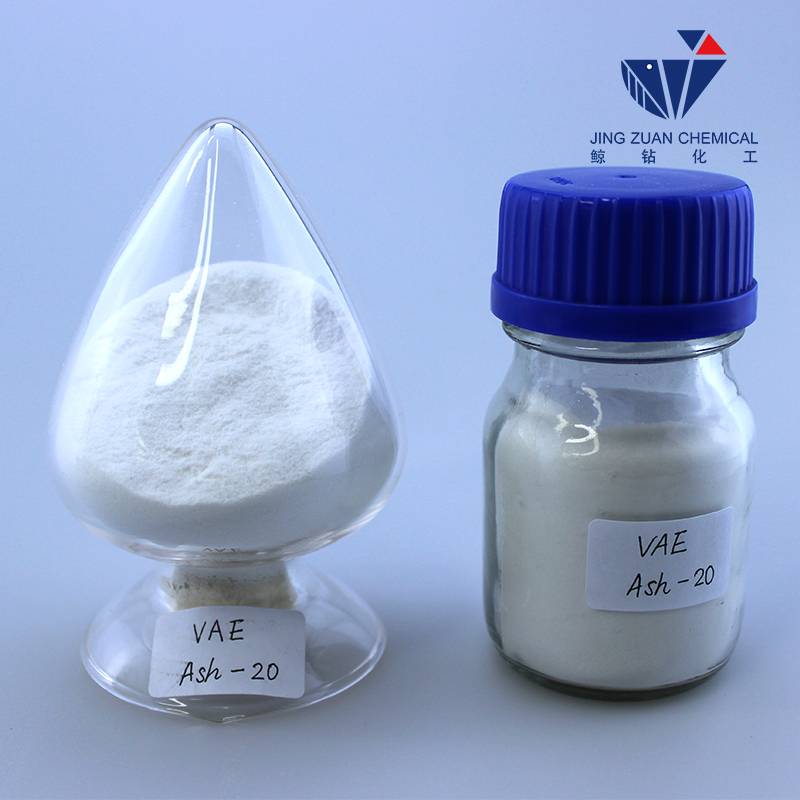
Dec . 31, 2024 12:05 Back to list
Understanding the Thickening Mechanism of Hydroxyethyl Cellulose in Various Applications
The Thickening Mechanism of Hydroxyethyl Cellulose
Hydroxyethyl cellulose (HEC) is a non-ionic, water-soluble polymer derived from cellulose, a naturally occurring polysaccharide. HEC has gained significant attention in various industries, particularly in pharmaceuticals, cosmetics, and food products, due to its excellent thickening, stabilizing, and emulsifying properties. Understanding the thickening mechanism of HEC can help in optimizing its use for various applications.
At its core, the thickening mechanism of HEC is primarily attributed to its ability to modify the viscosity of aqueous solutions. This is achieved through a combination of hydrophilic interactions and hydrogen bonding between the HEC molecules and the water molecules. When HEC is dissolved in water, it forms a gel-like structure due to the interaction of its hydroxyethyl groups with water. The highly soluble nature of HEC is a result of its modified cellulose structure, which allows it to interact effectively with water and increase the viscosity of the solution.
One of the key factors influencing the thickening ability of HEC is its molecular weight. Higher molecular weight HEC tends to create more significant viscosity increases in solution compared to lower molecular weight counterparts. This is because longer polymer chains can entangle more easily with one another, leading to a more substantial resistance to flow. As a result, industries often select specific grades of HEC based on their viscosity requirements for particular applications.
hydroxyethyl cellulose thickening mechanism

Temperature and concentration also play vital roles in the thickening mechanism. As the temperature increases, the solubility and viscosity of HEC solutions can change. Generally, higher temperatures can lead to a reduction in viscosity due to the breaking of hydrogen bonds and increased chain mobility. Conversely, increasing the concentration of HEC in a solution significantly enhances its thickening effect. This phenomenon can be attributed to a greater number of polymer chains interacting and forming a network that restricts the movement of water, thereby increasing the overall viscosity.
Another important aspect of HEC’s thickening mechanism involves its shear-thinning behavior. HEC solutions exhibit non-Newtonian fluid properties, meaning their viscosity decreases under shear stress. When subjected to mechanical forces—such as stirring or pumping—the structure of HEC will align, allowing the solution to flow more easily. This unique characteristic makes HEC an ideal thickening agent in products that require easy application and processing, such as paints, coatings, and personal care items.
Furthermore, the pH of the solution can significantly influence the thickening ability of HEC. While HEC is stable across a wide pH range, its viscosity is impacted by the ionic strength and the presence of other salts or additives. Adjusting the pH can alter the interaction between the HEC molecules and the water, potentially increasing or decreasing viscosity based on the specific formulation needs.
In conclusion, the thickening mechanism of hydroxyethyl cellulose is a complex interplay between molecular weight, temperature, concentration, shear stress, and pH. Its ability to significantly increase the viscosity of aqueous solutions while maintaining stability under various conditions makes it a versatile thickening agent in numerous applications. By understanding these mechanisms, manufacturers and formulators can design products that leverage the unique properties of HEC to achieve desired performance characteristics effectively. Whether in cosmetics, foods, or pharmaceuticals, HEC continues to play a crucial role in enhancing product quality and experience.
-
The Widespread Application of Redispersible Powder in Construction and Building Materials
NewsMay.16,2025
-
The Widespread Application of Hpmc in the Detergent Industry
NewsMay.16,2025
-
The Main Applications of Hydroxyethyl Cellulose in Paints and Coatings
NewsMay.16,2025
-
Mortar Bonding Agent: the Key to Enhancing the Adhesion Between New and Old Mortar Layers and Between Mortar and Different Substrates
NewsMay.16,2025
-
HPMC: Application as a thickener and excipient
NewsMay.16,2025
-
Hec Cellulose Cellulose: Multi functional dispersants and high-efficiency thickeners
NewsMay.16,2025







